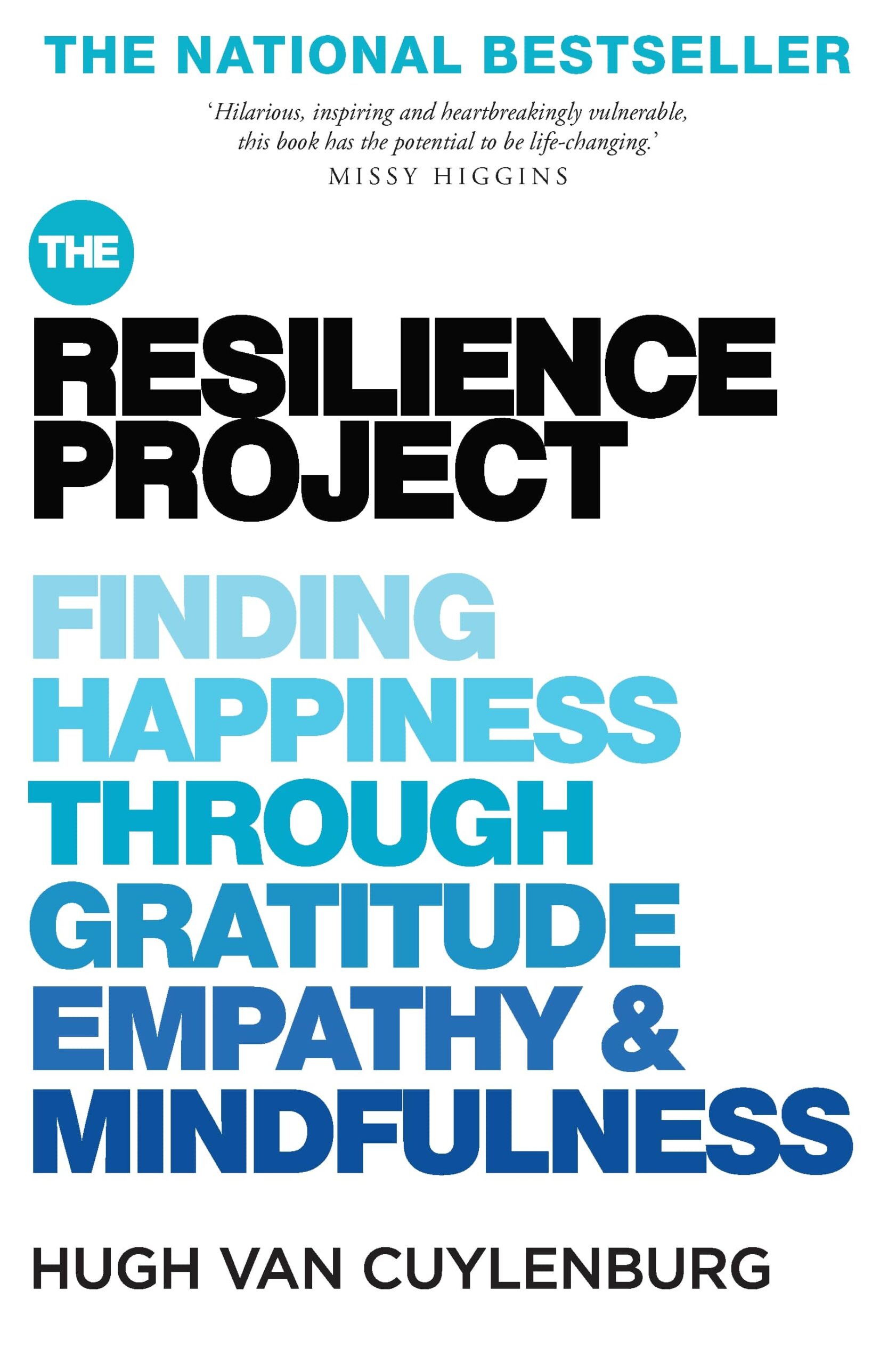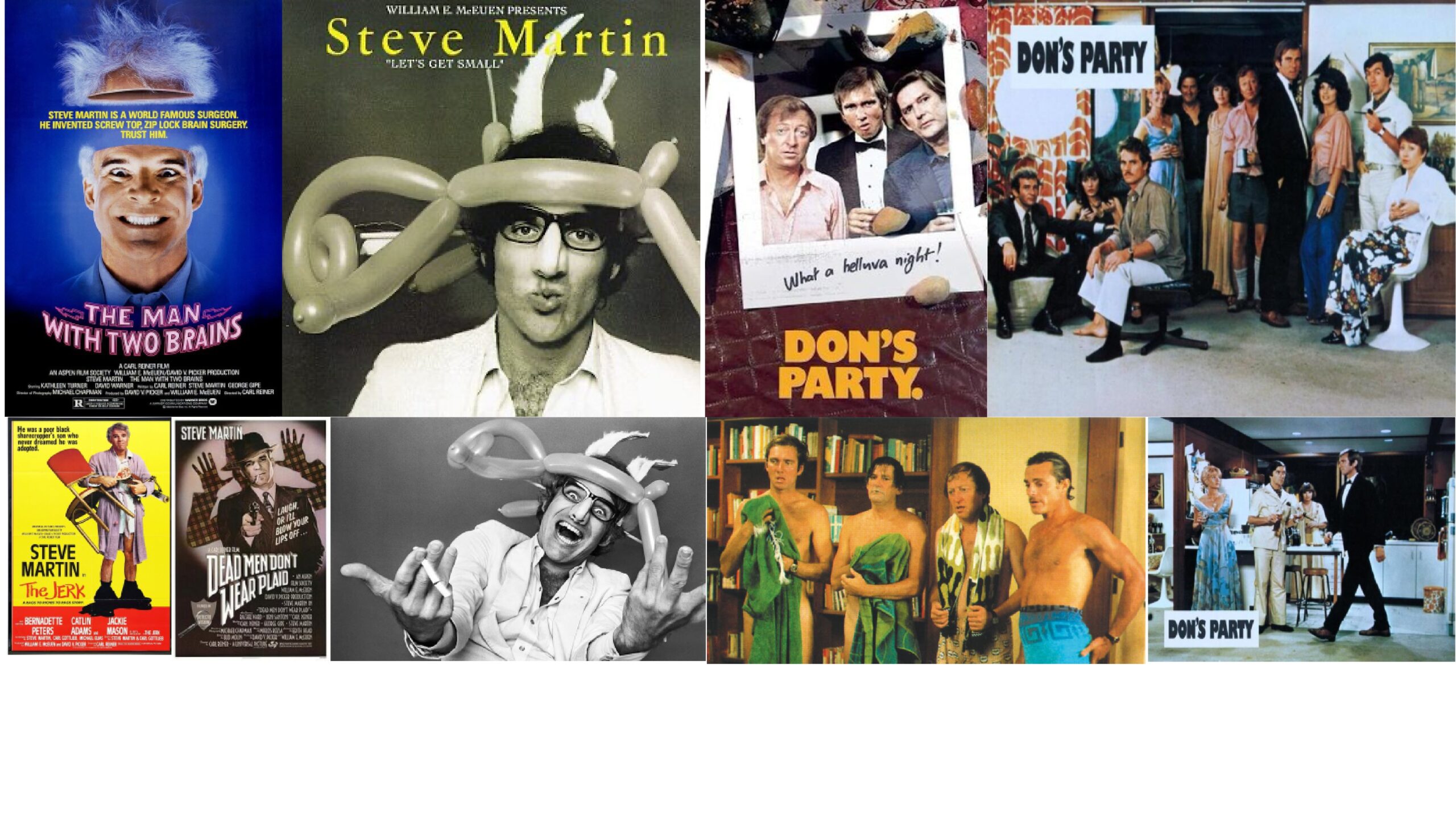As a parent in their mid 50’s I’m often accused of being a “fuddy duddy” by my kids. My childhood seemed a lot simpler because frankly it was. Life was spent mostly outdoors using your imagination, there was little fast food and definitely no screens other than a TV with 3 channels! Most mums were homemakers and many stayed in fractured relationships in order to ensure they were home when the kids came back from school.
The kids of today don’t have that luxury. Often both parents work in order to pay off multitudes of debt, others split leaving kids with multiple homes and a variety of role models, Maccas is a staple part of many a kid’s diet and screens, whether they be Ipads or phones have contributed to an enormous lack of connection in our society.
The author of The Resilience Project, Hugh Van Cuylenburg has written an engaging and inspiring book that accompanies his already strong organisation of the same name. It’s origins were formed when Hugh, a primary school teacher embarked on a trip to northern India for a few months volunteering. It was then that he witnessed the joy that the kids exuded despite living in abject poverty. So why was it that back home in Australia so many people were struggling with anxiety and depression in a country blessed with everything you could possibly want? How could these Indian children be so resilient and positive?
Hugh set about trying to find an answer and what he discovered was that the Indian kids possessed some clear traits and behaviours, namely Gratitude, Empathy and Mindfulness.
They were grateful for the rundown playground the school had, a bunch of thrown together bits of wood and metal that wouldn’t get past a 1 minute OHS inspection in Australia. When it came to empathy, Hugh hit his head entering the class one day and the next day there was some padding made from cloth, sand and leaves sticky taped to that exact spot. Little Stanzin, who is mentioned repeatedly throughout the book as the most selfless person Hugh has met, not only added protection to that door, but every other door in the school! When it comes to mindfulness, the Indian kids meditate every morning for 30 minutes before school. It’s not compulsory but everyone participates.
The other significant journey Hugh has undertaken is a deeper understanding of mental illness. Hugh’s sister Georgia has battled anorexia nervosa all her life, something Hugh struggled to comes to terms with when he was growing up. When Georgia discovered the trigger for her anorexia through counselling in her adulthood it was a cathartic moment for the family. It certainly resonated with me as I have 2 close friends who discovered the same type of epiphany in their 40s and it was devastating. Both my friends are renowned for their mental toughness but the insidious nature of what occurred 30 years previously reduced them to a fragility I’ll never forget. It’s tough reading about Georgia but pleasing to hear there has been some closure.
Hugh’s start with the Resilience Project required plenty of resilience of its own given he was on the bones of his arse when he finally got a call from Ararat to present to a group of school principals. From there it has now led to well over a thousand presentations to schools, teachers, corporates, all manner of sporting clubs including elite netball, AFL and NRL. There are some hilarious stories recounting a former student “Beefy” and his effect on Nathan Buckley and Collingwood as well as his account of a semi-disastrous presentation to his beloved Australian cricket team. I think the author is too humble to take any credit but being a footy head as I am, I’m sure he has made a difference to the culture of these clubs and to individuals such as Buckley and Dustin Martin. They have both become vastly improved leaders in the past few years and the cultures at both Collingwood and Richmond are benchmark in the AFL.
What I loved about the book is the simple philosophy, not dissimilar to Neale Daniher’s key messages in “When all is said and done.”
- Practice gratitude: Focus on the positives and the things you have.
- Cultivate empathy: Be kind to others
- Be mindful: Take time to focus on the present moment
I’ve been a part of some high performance cultures and some not so high performing. In those that have worked, we’ve been able to empower the team to build their own values and behaviours that underpin them. Fundamentally you are still relying a lot on the character and trustworthiness of each individual, which means there are no guarantees of success.
What the Resilience Program provides is a simple roadmap for every individual to be the best version of themselves. This is a different time for young people. The key messages from my childhood from my mum were simple, “count your blessings” and “there’s always people worse off than yourself” to which my younger brother Glen would retort, “there is no one worse off than us!” So many kids are going to school hungry, getting no consistent messages and gaining their education from social media and the internet. My partner Lynda has a thousand horror stories of dysfunctional parenting after 30 years of teaching.
The Resilience Project provides an opportunity for anyone to ground themselves, take a breath and get back to basics. There is a little journaling required but anyone can do it. Lynda has been journaling since she was 18 and has written volumes of confidential commentary detailing her life. She strongly believes it has helped her overcome the many challenges life throws up and goes a long way to explaining why she has such an even temperament.
Thanks to Lynda for getting me this for Xmas. I wish it had been around when I was in corporate life. Highly recommended.
For more information please go to https://theresilienceproject.com.au/about-us/




